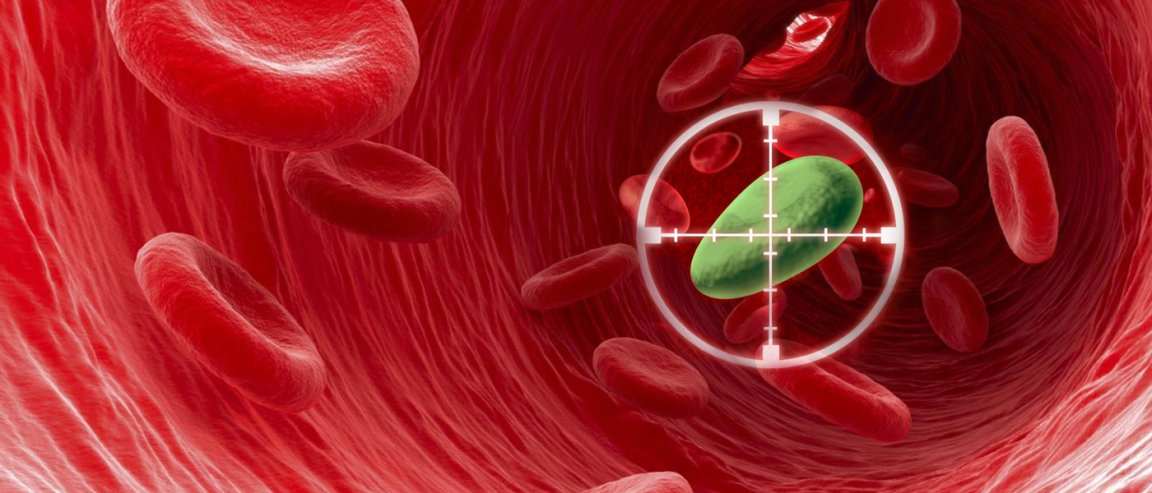
Boosting the Body
Scientists at Stanford have a new approach to battling viral outbreaks, such as Zika. The group is using a drug to boost the human body’s ability to resist the virus rather than taking on the virus directly.
Graduate student Richard Deans started testing the newly developed drug on human cells and found that it enabled the cells to fight off viruses that normally kill them. Unfortunately, the drug also caused the cells to stop dividing.
In order to improve the drug, Deans turned to to Michael Bassik, assistant professor of genetics. Bassik screened the cells and found that the drug was interfering with a protein crucial for making individual building blocks of RNA. Without RNA the virus can’t make more of itself, which explains why the drug was so effective. However, the same building blocks needed for RNA synthesis are also needed to make DNA. When a cell runs out of DNA building blocks, it can no longer divide.
To combat this issue, the team fed the cells a slightly different building block that can only be used to generate DNA, not RNA. With that addition, the cells successfully fought off the viruses and were able to divide normally.
RNA vs. DNA
Chaitan Khosla, a professor of chemistry and chemical engineering, said the way the drug works suggests that it could be broadly effective against viruses that use RNA rather than DNA as their genetic material. These include: Ebola, dengue, Zika and Venezuelan equine encephalitis virus (VEEV).
Khosla cautioned that at this stage the team has only shown that the drug is effective in a lab dish and on certain viruses. If the drug combination is successful in animals, they hope it might become among the first broad antiviral strategies for human disease.